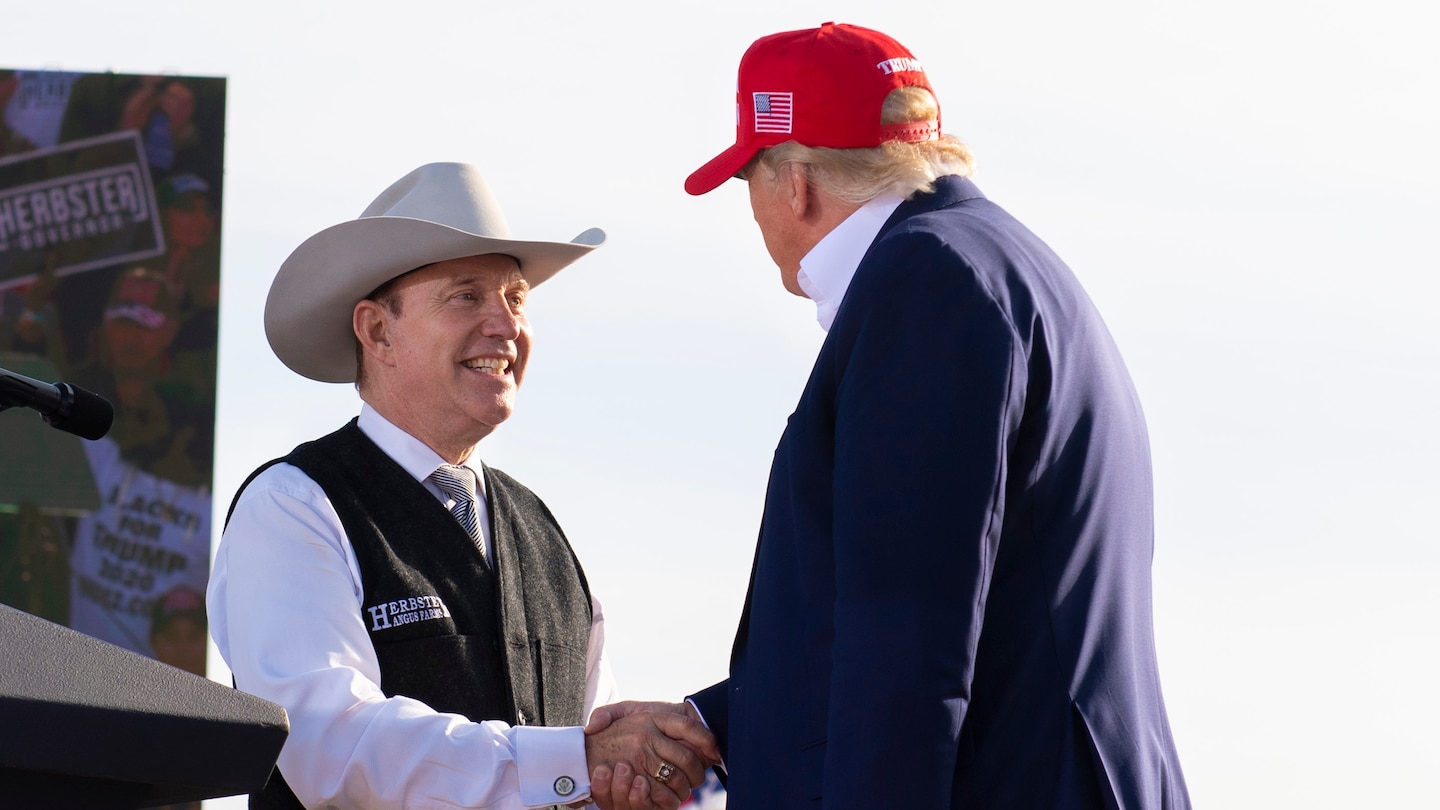Tuesday’s Republican primaries in West Virginia and Nebraska were yet another test of former president Donald Trump’s power. The verdict: Trump is strong, but the GOP establishment can win if it’s smart.
A Trump endorsement is powerful. But clearly not insurmountable.

The pork-barreling that McKinley engaged in to pass the legislation also once would have earned him kudos, but in today’s GOP, it exposed him to charges of helping President Biden’s big-spending agenda. Mooney, fueled by Trump’s endorsement and more than $1 million in ads from the Club for Growth Action, hammered McKinley relentlessly. McKinley was so out of step with today’s conservative, fighting Republican voters that he lost 24 of the district’s 27 counties.
Nebraska’s GOP establishment was smarter. Outgoing Gov. Pete Ricketts (R) endorsed a conservative business person, Jim Pillen, who had also been elected to a seat on the University of Nebraska Board of Regents. Pillen was not out of step with Republican sensibilities and had no high-profile act of apostasy to enrage the rank-and-file. Ricketts also backed Pillen with more than $1 million in ads from an associated super PAC.
Trump’s endorsed candidate, businessperson Charles Herbster, thus had little to target in his campaign against Pillen. He was also harmed by allegations that he had groped a series of women, including a sitting GOP state senator who went public with her charges. Herbster fought back, airing an ad that alleged he was the victim of smears and compared his allegations to that of the charges levied against Supreme Court Justice Brett M. Kavanaugh in his confirmation hearings. But that and a late rally featuring Trump could only take him so far. Pillen prevailed 34-30, winning big in the area around the state capital, Lincoln, and his Regents district while holding off Herbster’s support in rural, Western Nebraska.
Follow Henry Olsen‘s opinions
FollowThe results confirms what last week’s Ohio primary and polls from upcoming races indicate: Trump’s support can only get a candidate so far. Trump’s embrace of J.D. Vance for Ohio’s Senate seat pushed Vance, who was already running a strong third, into the lead, but two-thirds of the voters still backed someone else. In Nebraska, Pillen and seven other candidates combined for 70 percent of the GOP vote. Indeed, a moderate who benefitted from Democrats re-registering as Republicans so they could vote for him finished third with 26 percent and even beat Herbster in the state’s three largest counties. This pattern — moderates doing better in urban areas, regular conservatives competitive with Trump endorsees in rural areas — also echoes the results in Ohio.
The takeaway is that the GOP remains what all large parties are: a coalition. An overwhelming majority of Republicans may like Trump personally, but only a minority of voters are so enamored of him that they will follow his lead through thick and thin. Many will still back old-style, moderately conservative candidates, while others prefer a garden variety type of Republican reminiscent of Sens. Mitch McConnell (Ky.) or John Thune (S.D.). A winning nominee must still unite all these disparate groups to prevail in a competitive race against a Democrat.
This won’t hurt nominees such as Vance or Pillen, since Ohio and Nebraska are strongly Republican states. States such as Pennsylvania, however, are up for grabs. The Trump-backed candidate in that state, Mehmet Oz, may be unable to overcome his weaknesses — 46 percent of GOP primary voters view him unfavorably — to unite these factions, even if he wins the nomination. Trump may not even be able to help someone as notable as former vice presidential nominee Sarah Palin, who is running for Alaska’s open U.S. House seat with the former president’s endorsement. A recent poll found she would lose to an establishment-backed conservative, Nick Begich III, under the state’s ranked-choice voting format. Trump’s personal appeal will not change the fact that 59 percent of Alaskans view Palin unfavorably.
Republican voters clearly want a conservative who fights. If an establishment type can fulfill that desire, those voters are perfectly happy to leave Trump in the dust. Ron DeSantis, take note.






